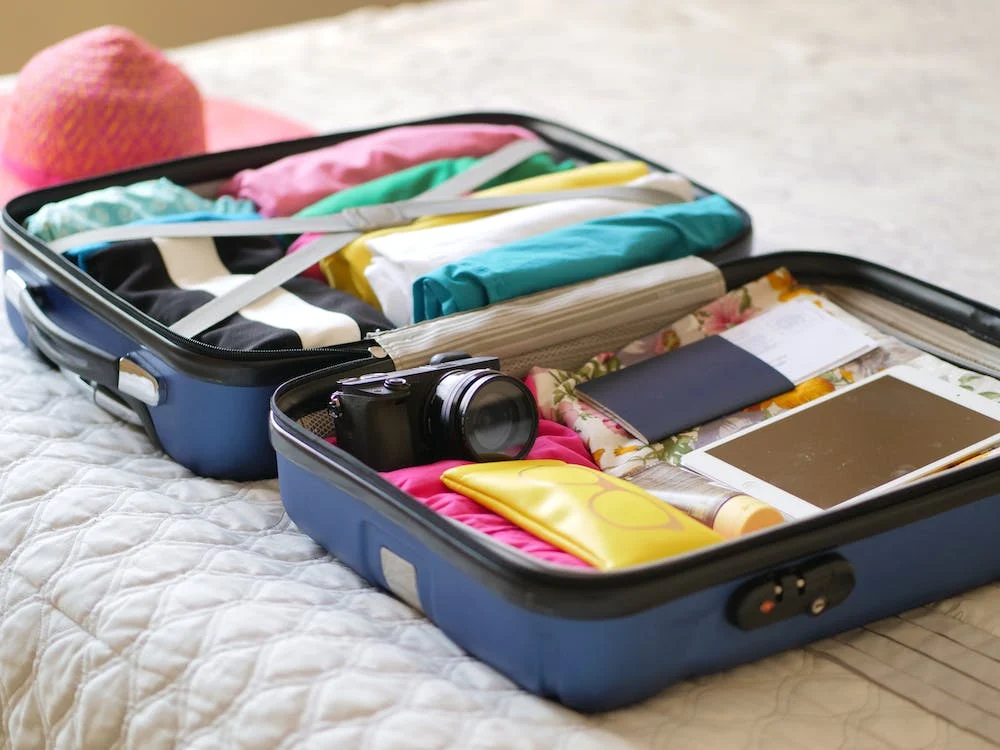Traveling to new and exciting destinations can be an incredibly enriching experience, but it’s crucial to prioritize your safety throughout your journey. Whether you’re embarking on a solo adventure, traveling with family, or exploring with friends, keeping yourself safe should always be a top priority. To ensure a smooth and secure travel experience, here are 10 essential travel safety tips to keep in mind.
1. Research Your Destination

Before you even step foot on an airplane, take the time to thoroughly research your destination. Understand the local customs, laws, and any potential safety concerns. Check travel advisories issued by your country’s government and read up on recent news about the area. Knowing what to expect can help you make informed decisions and be prepared for any situation.
2. Pack Wisely

Packing efficiently isn’t just about saving space—it’s also about safety. Pack a basic first aid kit, any necessary prescription medications, and essential personal documents like your passport, travel insurance, and emergency contact information. Keep these items in your carry-on bag to ensure you have access to them at all times. Additionally, avoid displaying valuable items like expensive jewelry or electronics that could make you a target for theft.
3. Purchase Travel Insurance
Travel insurance might seem like an unnecessary expense, but it’s a lifeline in case of unexpected events. From medical emergencies to trip cancellations, travel insurance provides financial protection and peace of mind. Ensure that your insurance covers medical expenses abroad and includes emergency evacuation coverage if you’re traveling to remote areas.
4. Stay Connected
Maintaining communication with your loved ones and having a way to reach local authorities is crucial for your safety. Keep your phone charged and have a local SIM card or an international roaming plan. Additionally, consider downloading translation and map apps that can be useful if you find yourself in a challenging situation.
5. Be Cautious with Public Wi-Fi
Public Wi-Fi networks are convenient but often unsecured, making them a hotspot for cybercriminals. Avoid accessing sensitive information, such as online banking or private emails, when connected to public Wi-Fi. If necessary, use a virtual private network (VPN) to encrypt your internet connection and protect your data from prying eyes.
6. Stay Aware of Your Surroundings
Whether you’re exploring bustling city streets or tranquil rural landscapes, always stay aware of your surroundings. Pay attention to the people around you and trust your instincts. If a situation or place feels unsafe, remove yourself from it. Avoid appearing lost or confused; instead, project confidence even if you need to consult a map or GPS discreetly.
7. Secure Your Accommodation
Choose accommodations in safe and well-reviewed areas. When checking in, inquire about the security measures the hotel or hostel has in place. Ensure your room has proper locks and, if available, a safe for your valuables. When leaving your accommodation, use the “do not disturb” sign to give the illusion that the room is occupied and consider leaving a light on to deter potential intruders.
8. Use Reliable Transportation
If you’re using public transportation, research the routes and schedules in advance. When opting for rideshares or taxis, only use reputable services, and if possible, share your ride details with a friend or family member. If you’re renting a vehicle, familiarize yourself with local traffic laws and road conditions, and always wear your seatbelt.
9. Avoid Risky Behavior
While it’s natural to want to immerse yourself in new experiences, it’s important to exercise caution and avoid risky behaviors. This includes excessive alcohol consumption, especially when you’re not familiar with your surroundings. Intoxication can impair your judgment and make you vulnerable to accidents and scams.
10. Blend In and Respect Local Customs
To avoid drawing unnecessary attention to yourself, try to dress modestly and blend in with the local crowd as much as possible. Research the cultural norms of the destination, including appropriate attire and behavior. Respecting local customs not only enhances your safety but also fosters positive interactions with the local community.
In conclusion, travel safety should always be a top priority when exploring new places. By researching your destination, staying vigilant, and taking proactive measures, you can significantly reduce the risks associated with travel. Remember, being prepared and informed is the key to a safe and enjoyable journey. So pack your bags, follow these essential safety tips, and embark on your adventure with confidence.









